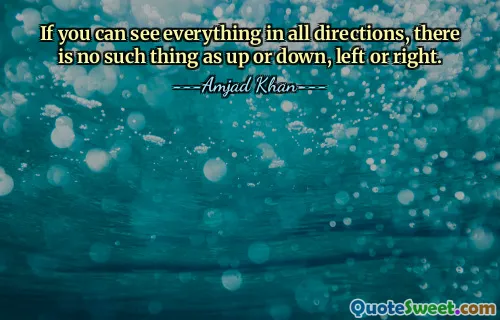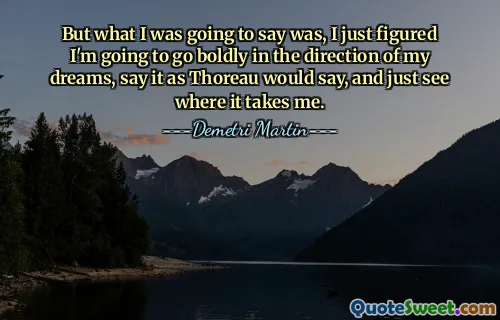He rose and stood tottering in that cold dark with his arms held out for balance while the vestibular calculations in his skull cranked out their reckonings. An old chronicle. To seek out the upright. No fall but preceded by a declination... Upright to what? Something nameless in the night, lode or matrix. To which he and the stars were common satellite. Like the great pendulum in its rotunda scribing through the long day movements of the universe of which you may say it knows nothing and yet know it must.
In this passage, the character is depicted as struggling to maintain balance in the darkness, symbolizing a search for stability and purpose amidst uncertainty. The mention of the "old chronicle" and "vestibular calculations" suggests a deep internal process of trying to find one's footing in the world. This struggle is not just physical but existential, questioning the very idea of being upright and what that truly means.
The imagery of the character and the stars as "common satellites" implies a connection to a larger universe, hinting at a quest for meaning beyond mere survival. The reference to the "great pendulum" suggests the passage of time and the inevitability of fate, with the character grappling with concepts beyond his understanding. Ultimately, this reflection on existence emphasizes the intricate dance of life and the unknown elements that define it.


